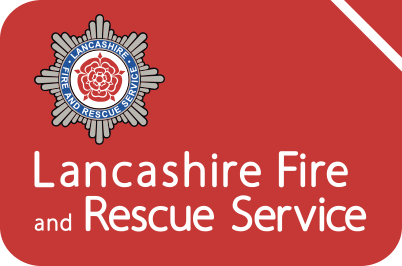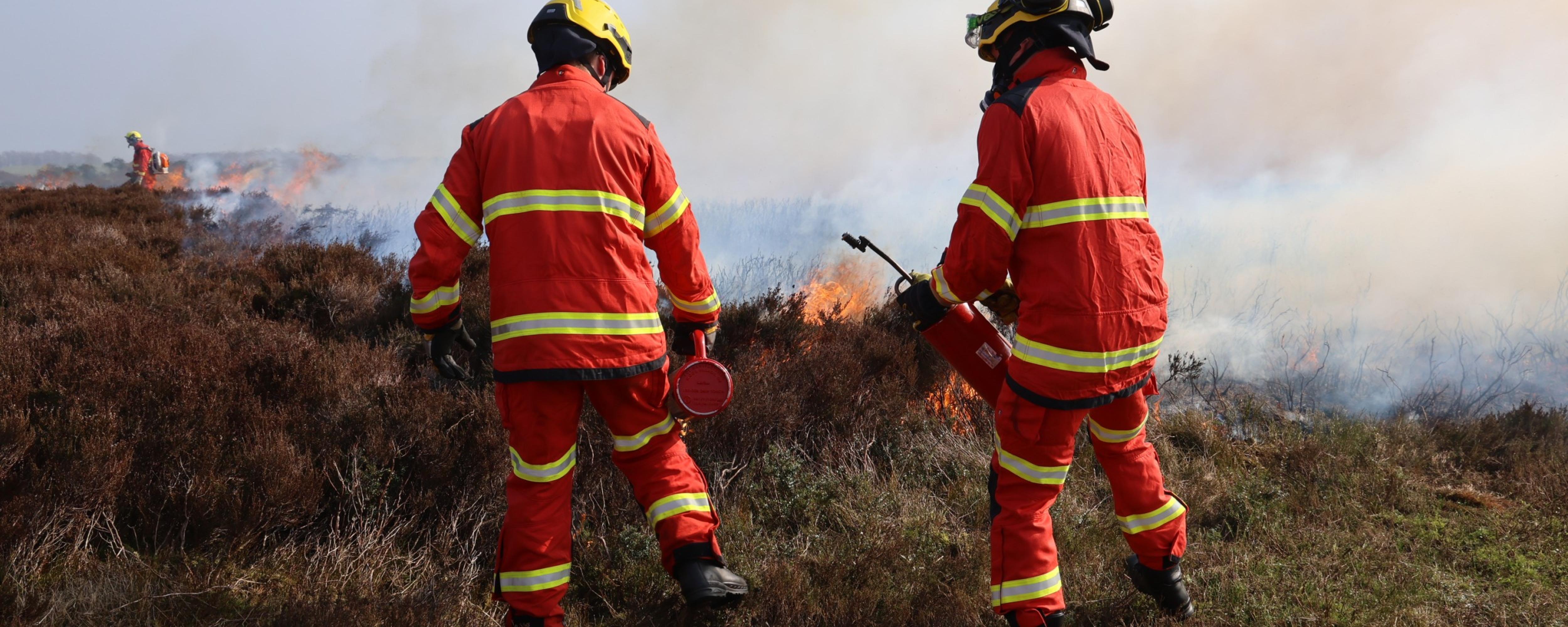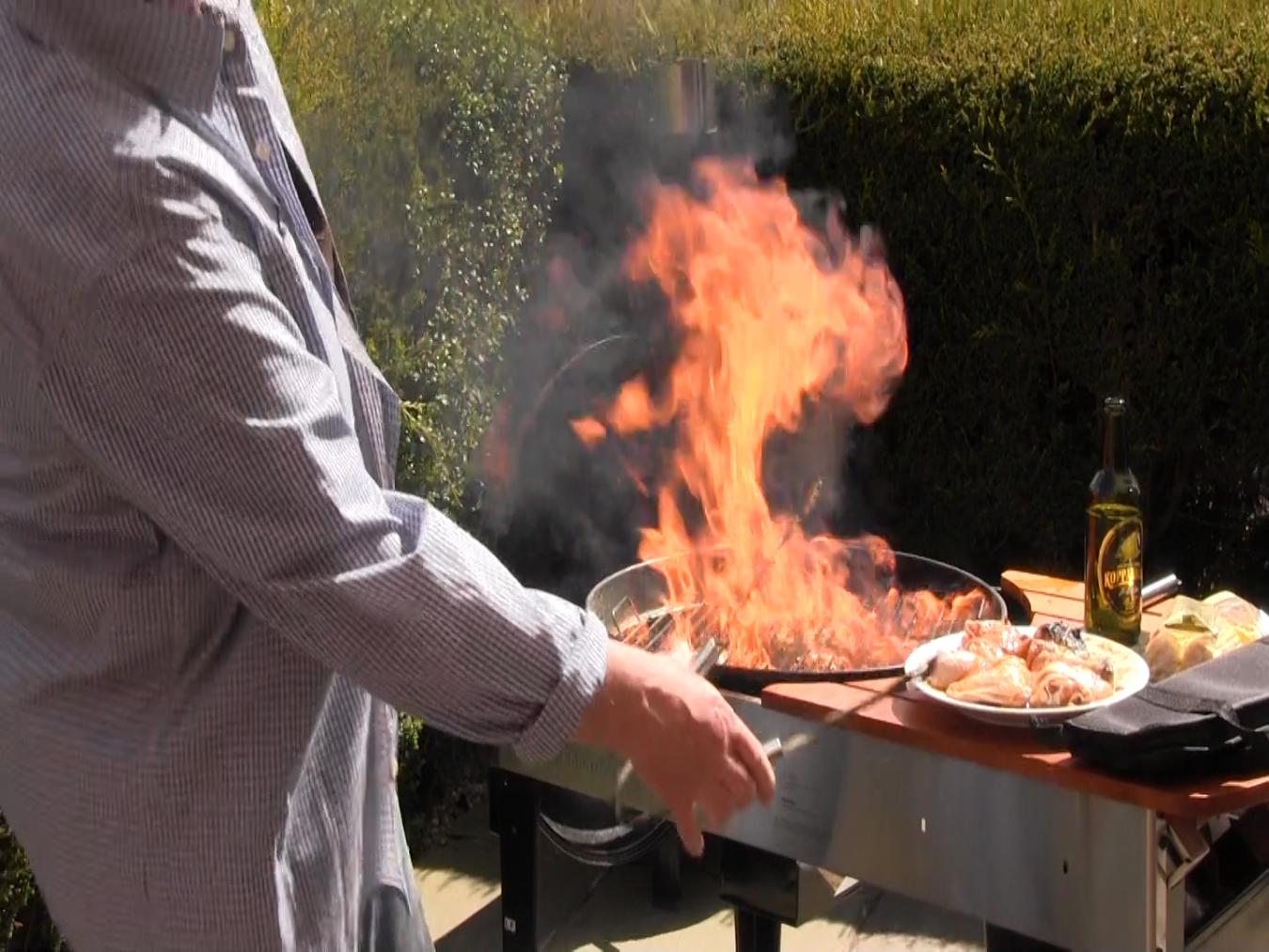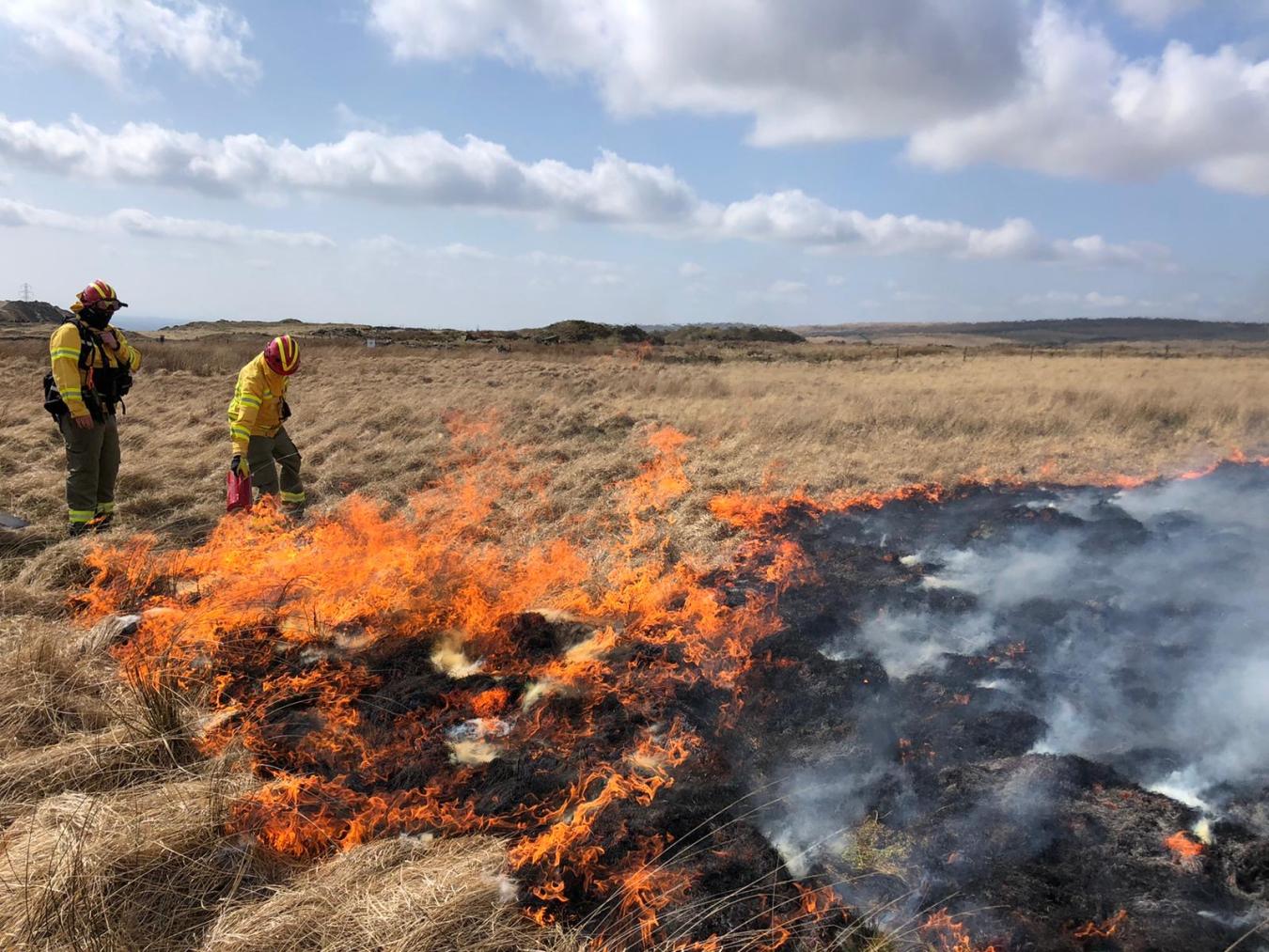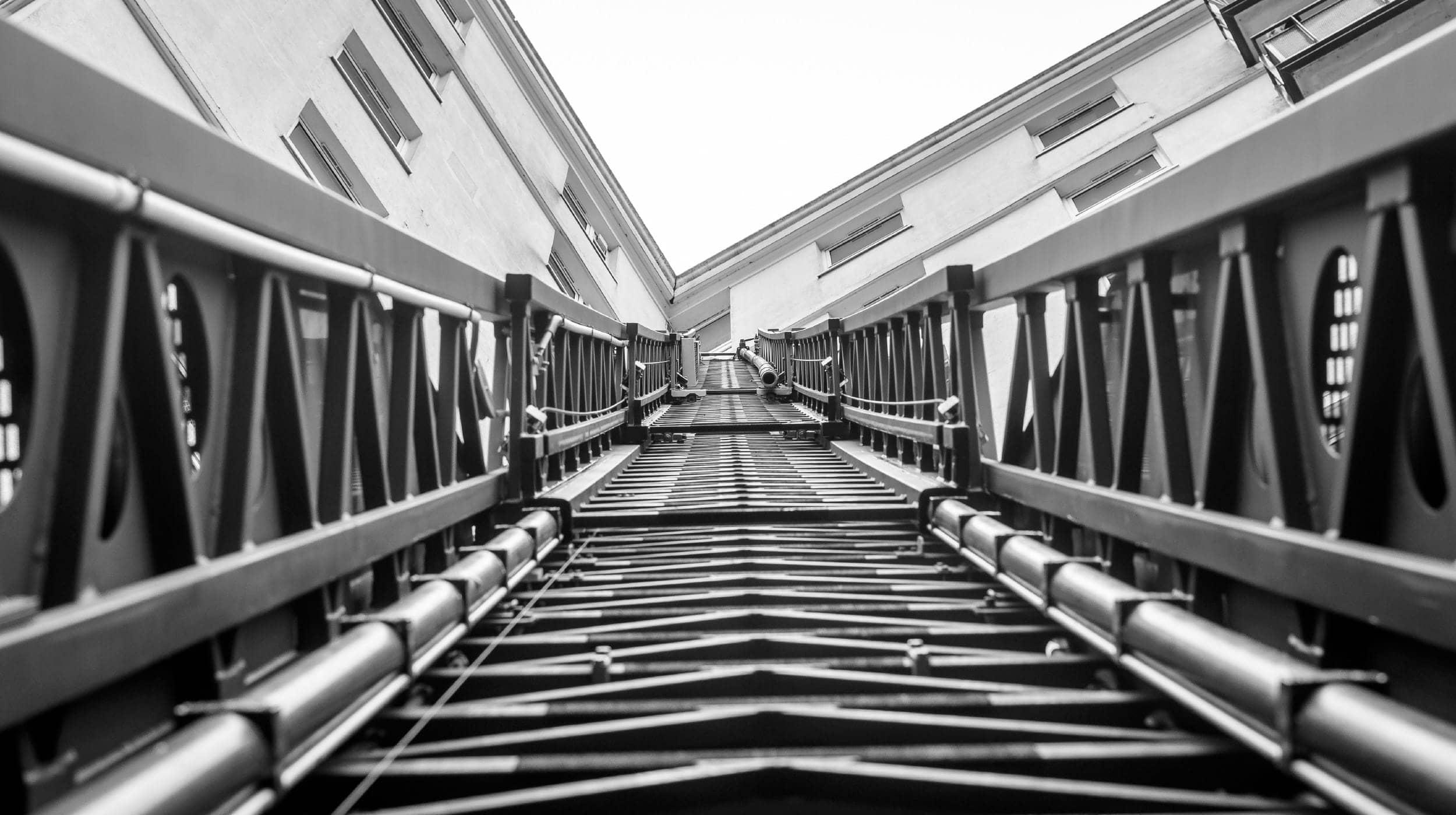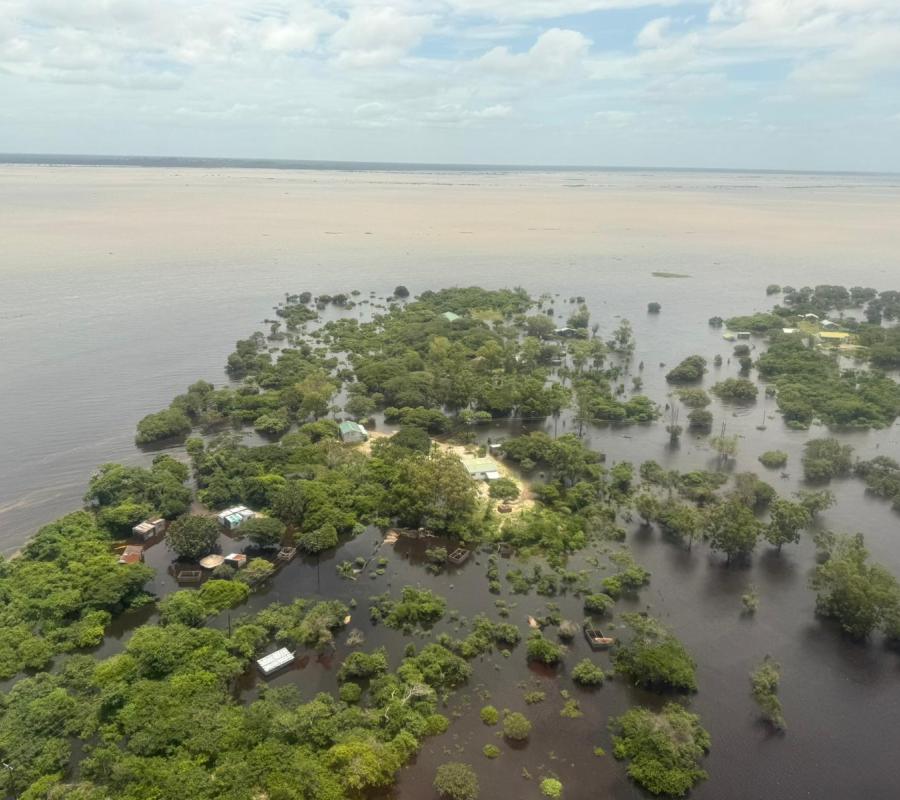Staying safe around water
An average of 307 UK and Irish citizens lose their lives every year to accidental drowning. Lancashire is not immune to water deaths, and it is vital that you recognise the dangers.
Before you go swimming to cool off, think about the location. Are there lifeguards? Could there be underwater machinery or currents? Is it too deep or too shallow?
Open water is always much colder than the air temperature, which can put you at risk of cold-water shock. If you do enter the water, do it in a gradual and controlled way.
If you see someone in trouble in the water, call 999 and ask for the Coastguard at sea and the fire service inland. Do not attempt to rescue them yourself.
If you get into difficulty yourself, stay calm and float on your back. Try hard to control your breathing. When you can, try to signal for help by shouting and splashing.
You can find more water safety advice on our website.
